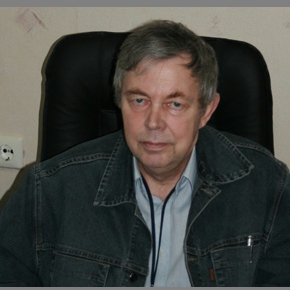 |
||
|
Iodine levels in two Japanese nuke plant workers 10 times above norm RIA Novosti, PUBLISHED May 30, 2011 Two employees of the company operating Japan's crippled Fukushima Daiichi Nuclear Power Plant have received an excessive dose of radiation that increased tenfold the iodine level in their bodies to a level exceeding the allowable, Kyodo news agency said on Monday. Topics: NPP Fukushima Daiichi Other news: U.S. lifts market restrictions against Rosatom Rosatom will no longer be required to get a special license from the U.S. Department of Commerce to cooperate with American companies. Russia lacks personnel to dismantle nuclear sites Russia is to decommission and dismantle 42 nuclear facilities by 2015 and 188 by 2020, Rosatom department head Yevgeny Komarov said. ARMZ acquires Australian uranium producer in $1.2 bln deal ARMZ will pay eight Australian dollars per share, which represents a 15.5 percent premium on the average market price for 20 trading days. |
Hero of the day 
Alexander Chistozvonov: end of the Romantic period Today, the army of managers is earnestly believing that one can take the man responsible for the licensing of alcoholic beverages, and put it on licensing, and even to supervise the nuclear reactor. INTERVIEW
Christophe Behar OPINION
Dmitry Kosyrev |

